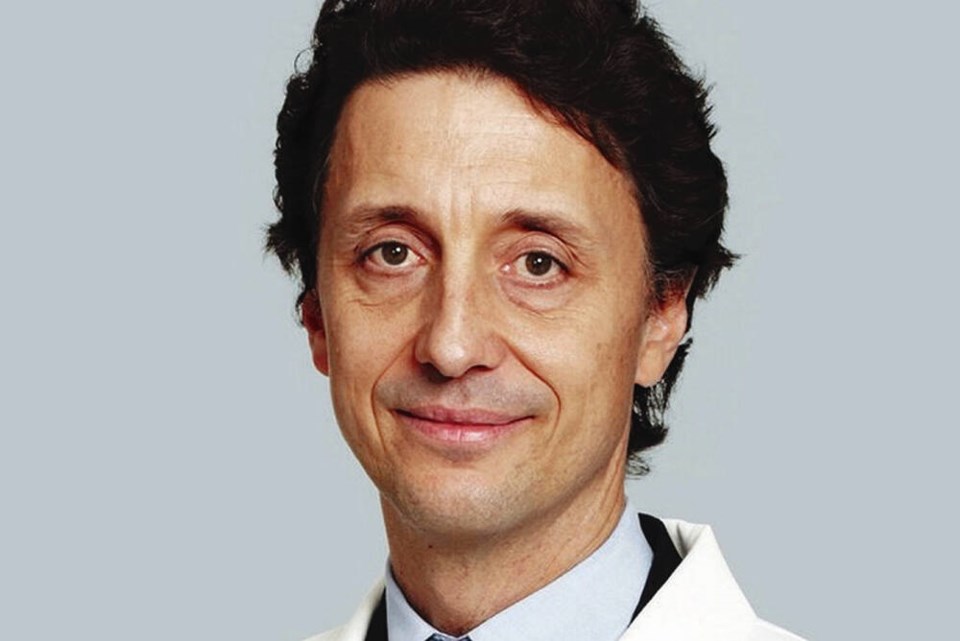If you got the MMR vaccination between 1963-67, you might have received the killed vaccine, so revaccination would be reasonable.

Dear Dr. Roach:I was vaccinated as a child with the combination MMR vaccine. My husband and I are expecting a new grandchild. My friend advised me that we, as elder adults, should get revaccinated to protect the newborn. Is this really necessary?
Anon.
Revaccination is probably not necessary. Two doses of the vaccine afford most people lifelong immunity. However, as the current measles outbreak continues (although it’s apparently slowing as I write this), I can understand why parents of newborns (and friends) are concerned and want to take every precaution. Newborns have almost no protection from this potentially deadly disease.
If you were vaccinated between 1963-67, you might have received the killed vaccine, which leaves you potentially vulnerable, so revaccination in this specific case would be reasonable. Another option would be to check your antibody levels (“titers”).
Getting a blood test done, which is very likely to prove immunity, is a simple thing to do to help reassure the parents. There is a small possibility that you aren’t safe from the measles since no vaccine is 100% effective.
Dear Dr. Roach:Thank you for your recent column on kidney stones. Regarding kidney stones, do you have any opinion about the evidence that magnesium oxide can prevent or slow down kidney stone formation?
C.Z.
Several trials have shown that magnesium oxide can reduce the recurrence of a specific type of kidney stone — calcium oxalate. Unfortunately, some trials haven’t found a benefit at all with magnesium oxide. Even the studies that showed a benefit found that this treatment appears to be less effective than standard treatments, such as a thiazide diuretic.
Diet is important with calcium-rich foods reducing kidney stone risk, along with a low-oxalate diet, plenty of water, and the avoidance of excess sugar, salt and animal protein. Calcium supplements may worsen the risk of kidney stones and should be avoided. High-dose vitamin C tends to increase calcium oxalate stones and should also be avoided.
A kidney stone expert (a nephrologist or urologist) will give you personalized advice after a comprehensive evaluation.
Dr. Roach regrets that he is unable to answer individual letters, but will incorporate them in the column whenever possible. Readers may email questions to[email protected]u.